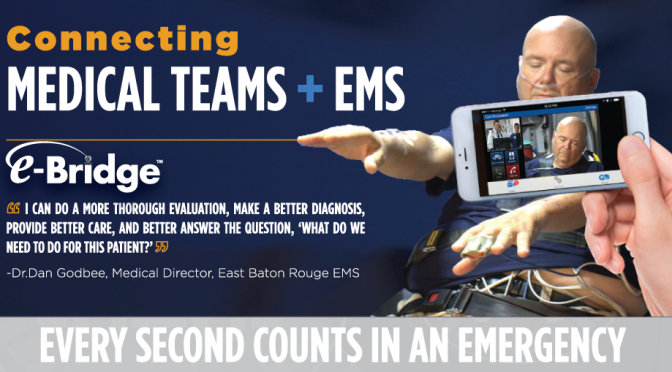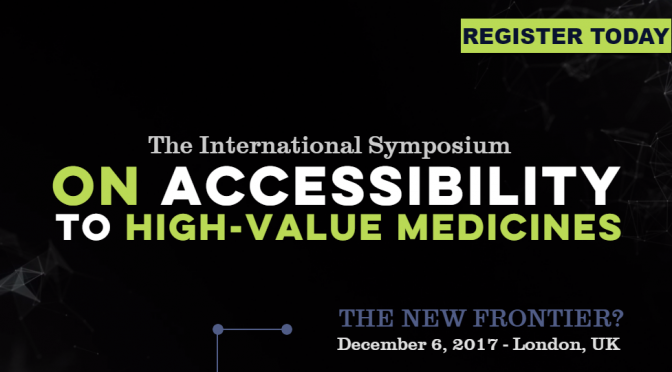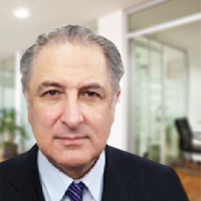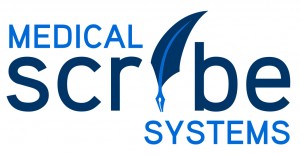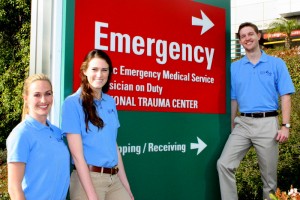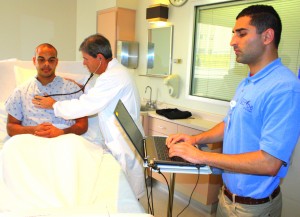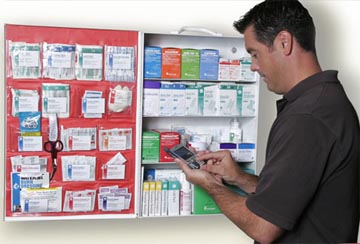Ridgefield, New Jersey, 2019-May-02 — /EPR Network/ — General Devices (GD) has announced that, after following a rigorous review process, GD e-Bridge™ is now FirstNet Listed and available via the FirstNet App Catalog.
FirstNet – America’s public safety communications platform – features the first-ever App Catalog geared to first responders. This gives FirstNet subscribers a dedicated location to find meaningful new solutions that have been specifically reviewed for use with FirstNet services. Before any mobile solution can be added to the FirstNet App Catalog, it must pass stringent tests for security, relevancy, data privacy and more.
Achieving a FirstNet Listed designation means GD e-Bridge is a vetted and trusted solution for public safety, meeting FirstNet app requirements. Additionally, FirstNet subscribers will be able to experience the benefits of key FirstNet capabilities – like First Priority®, which enables priority and, for first responders, preemption – while using GD e-Bridge. FirstNet subscribers will also be able to take advantage of the GD e-Bridge solution while benefitting from the enhanced security provided by the FirstNet network core, which is the only physically separate network core dedicated entirely to public safety in America.
Out-of-hospital healthcare is changing, and mobile telemedicine is making a real positive difference. The emphasis now is providing the right care, at the right place and right time. This is especially true in rural regions, but also in the case of time sensitive, acute care issues everywhere like heart attack, stroke and sepsis.
“From the first medical contact by EMS in the field, the GD e-Bridge mobile telemedicine and workflow app provides data and team communications that shave precious minutes off lifesaving treatment,†said Curt Bashford, GD’s CEO.
The hospital ED is not always the appropriate destination for non-acute emergencies. The role of Mobile Integrated Healthcare and Community Paramedicine is growing. Plus, the newly announced HHS ‘Emergency Triage, Treat and Transport’ (ET3) program better aligns reimbursement incentives and enables appropriate on-site treatment and transport to alternate destinations, such as urgent care centers – provided they are managed with mobile telemedicine and telehealth support. That’s where GD e-Bridge also comes in and enables simply better, more cost-effective care.
Built with AT&T in a public-private partnership with the First Responder Network Authority, FirstNet is bringing public safety a much-needed technology upgrade to help them connect to the critical information they need – every day and in every emergency.
“Only highly secure, high quality, public safety relevant applications are added to the FirstNet App Catalog. And we’re pleased that GD e-Bridge is now Listed and available to FirstNet subscribers,†said Bob Sloan, chief operating officer, FirstNet Program at AT&T. “GD e-Bridge will bring public safety additional capabilities to improve decision-making, enhance situational awareness, help save lives and improve outcomes.â€
“Through our work with first responders, we heard their need for innovative applications to assist with their lifesaving mission. FirstNet is helping to address these needs, and we are pleased to welcome GD e-Bridge to the FirstNet App Catalog,†said Mark Golaszewski, executive director of Technology and Innovation, First Responder Network Authority.
To learn more about GD e-Bridge, go to General-Devices.com. For more on FirstNet, check out FirstNet.com.
FirstNet and the FirstNet logo are registered trademarks of the First Responder Network Authority. All other marks are the property of their respective owners.
Via EPR Network
More Healthcare press releases

